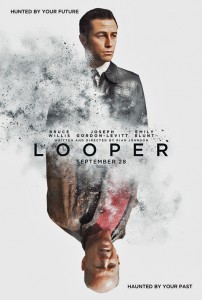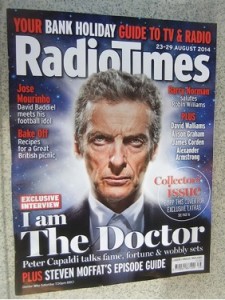For too long, women’s abilities, ambitions and achievements have been sidelined by, and for, men. And for too long, this has been masked and maintained by gender norms designed to reproduce patriarchy. The Wife, directed by Björn Runge and with a screenplay written by Jane Anderson based on the novel of the same name by Meg Wolitzer, potently speaks to this. Featuring an impressive central performance from Glenn Close, it tells the story of one woman’s gradual awareness of the realities of her marriage, and her attempts to reclaim and redefine her identity on her own terms.
Famous novelist and professor Joe Castleman (Jonathan Pryce) is awoken early one morning by a phone call. Sensing the significance of the moment, he arranges for his wife Joan (Close) to be able to listen on another line. It is from Stockholm – and the voice on the other end is informing him that he has just won the Nobel Prize for Literature. For forty years they seemed to complement each other perfectly – Joe’s charismatic literary brilliance seemingly balanced by Joan’s grounded, supportive humility. But as the trip wears on, and Joan is forced to see the praise showered on her husband from the sidelines, she begins to more critically reflect on their relationship and her role in it. There are also flashbacks to how they met, when a younger Joan (played by Annie Starke, Close’s real life daughter) demonstrated serious talent of her own in Joe’s college English class (with Joe played here by Harry Lloyd). Meanwhile, Nathaniel Bone (Christian Slater) hopes to write Joe’s biography, and senses that he knows the truth about their relationship. But he does not and cannot fully understand – because it is only now that Joan is beginning to grasp the real foundations of her marriage, and the compromises, sacrifices and denials she has had to make.
Under Runge’s direction, the burgeoning fissures in their relationship are revealed with a generally sturdy hand. However, there are also plot points which are a little predictable, or moments when more subtlety and restraint would have made a greater impact (especially in the flashback scenes). The supporting performances are also generally solid, albeit at times characterised by a similar heavy-handedness. Pryce ensures that Joe’s entitled arrogance always undercuts his more tender moments, and Slater’s performance, whilst seeming to always gesture towards Nathaniel’s ulterior motives, nevertheless has moments of intriguing ambivalence.
But ultimately, most of the film’s praise is rightfully reserved for Close. Her performance is striking because it depends on calibrated subtlety. She carefully reveals Joan’s gradual realizations with simmering control. Her emotional range is impressive – insistent modesty, inscrutable ambivalence, indignant anger – as she navigates Joan’s growing inner turmoil. It is her nuanced and layered performance that pushes against, and compensates for, the screenplay’s more heavy-handed moments, enabling small but powerful surprises – sometimes through just facial expressions – to arise. In the end, her Joan is far too complex to be cast as merely a victim, and through her measured and masterful portrayal Close proves, yet again, that she is one of the greats.
The Wife is in cinemas from 2nd August through Icon Film Distribution.





